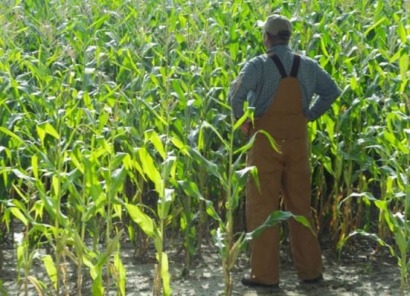
The report found that year after year the total annual GHG emissions savings from global biofuel use are increasing. In 2014, the total GHG emission reductions from global biofuel use was 169 million tonnes - a saving which is greater than the total GHG emissions of 28 individual Annex 1 countries attending COP21.
The report predicts that, even under a business as usual scenario, the total GHG emission savings achieved from biofuels use could rise to 264 million tonnes in 2030, a 56 percent increase.
The report, released at a World Climate Summit (WCS) event organized by the Alliance, the Biotechnology Industry Association (BIO) and EuropaBIO, comes only days after the global biofuels sector united to call on world leaders attending the COP21 to support a global commitment to replace at least 15 percent of the world’s total oil use in transport with sustainable biofuels by 2030, with a significant presence of advanced biofuels.
The call for action was issued by five biofuel and biotech organisations that collectively represent over 330 companies responsible for 90% of the world’s biofuels production.
The European Renewable Ethanol Association, US Renewable Fuels Association, Canadian Renewable Fuels Association and Brazilian Sugarcane Industry Association are part of the Global Renewable Fuels Alliance, a non-profit global biofuels federation representing members from 44 different countries and over 90% of global renewable fuels production. The alliance and its members are committed to promoting the use of sustainable, renewable fuels as a means to reducing the damaging climate impacts of global transport emissions.
For additional information:

